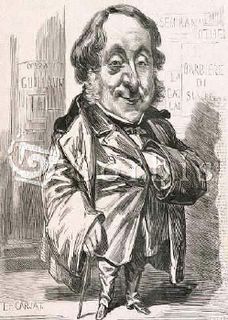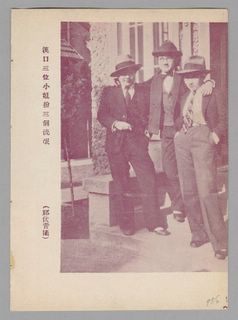
familiar court behaviour from Stendhal's "Charterhouse of Parma"--
"Presently he began to imagine that he was hated; finally, in a moment of ill temper, he had two Liberals hanged, who may or may not have been guilty, acting on the advice of a wretch called Rassi, a sort of Minister of Justice.
"From that fatal moment the Prince's life changed; we find him tormented by the strangest suspicions. He is not fifty, and fear has so reduced him, if one may use the expression, that whenever he speaks of Jacobins, and the plans of the Central Committee in Paris, his face becomes like that of an old man of eighty; he relapses into the fantastic fears of childhood. His favourite, Rassi, the Fiscal General (or Chief Justice), has no influence except through his master's fear; and whenever he is alarmed for his own position, he makes haste to discover some fresh conspiracy of the blackest and most fantastic order. Thirty rash fellows have banded themselves together to read a number of the "Constitutionnel", Rassi declares them to be conspirators, and sends them off to prison in that famous citadel of Parma, the terror of the whole of Lombardy. As it rises to a great height, a hundred and eighty feet, people say, it is visible from a long way off in the middle of that immense plain; and the physical outlines of the prison, of which horrible things are reported, makes it the queen, governing by fear, of the whole of that plain, which extends from Milan to Bologna."
"Would you believe," said another traveller to the Contessa, "that at night, on the third floor of his palace, guarded by eighty sentinels who every quarter of an hour cry aloud a whole sentence, Ernesto IV trembles in his room. All the doors fastened with ten bolts, and the adjoining rooms, above as well as below him, packed with soldiers, he is afraid of the Jacobins. If a plank creaks in the floor, he snatches up his pistols and imagines there is a Liberal hiding under his bed. At once all the bells in the castle are set ringing, and an aide-de-camp goes to awaken Conte Mosca. On reaching the castle, the Minister of Police takes good care not to deny the existence of any conspiracy; on the contrary, alone with the Prince, and armed to the teeth, he inspects every corner of the rooms, looks under the beds, and, in a word, gives himself up to a whole heap of ridiculous actions worthy of an old woman. All these precautions would have seemed highly degrading to the Prince himself in the happy days when he used to go to war and had never killed anyone except in open combat. As he is a man of infinite spirit, he is ashamed of these precautions; they seem to him ridiculous, even at the moment when he is giving way to them, and the source of Conte Mosca's enormous reputation is that he devotes all his skill to arranging that the Prince shall never have occasion to blush in his presence. It is he, Mosca, who, in his capacity as Minister of Police, insists upon looking under the furniture, and, so people say in Parma, even in the cases in which the musicians keep their double-basses. It is the Prince who objects to this and teases his Minister over his excessive punctiliousness. 'It is a challenge,' Conte Mosca replies; 'think of the satirical sonnets the Jacobins would shower on us if we allowed you to 'be killed. It is not only your life that we are defending, it is our honour.' But it appears that the Prince is only half taken in by this, for if anyone in the town should take it into his head to remark that they have passed a sleepless night at the castle, the Grand Fiscal Rassi sends the impertinent fellow to the citadel, and once in that lofty abode, and "in the fresh air", as they say at Parma, it is a miracle if anyone remembers the prisoner's existence..."















